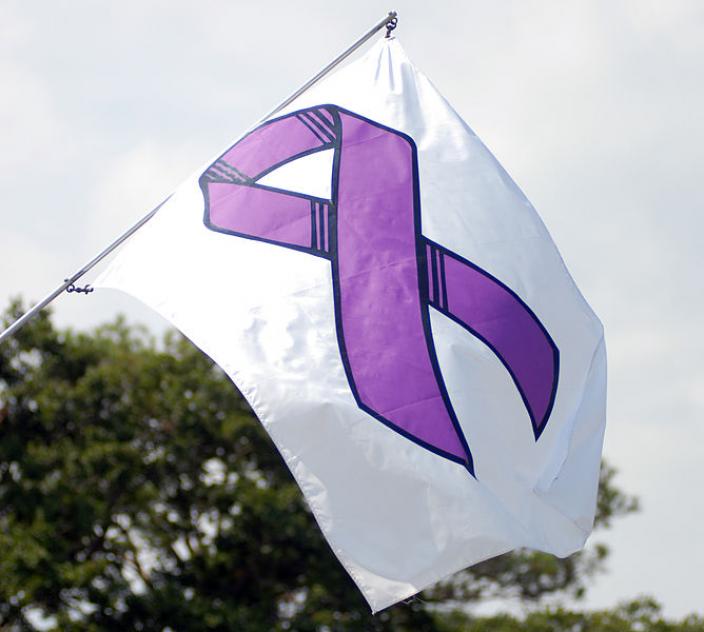
Our people are soon to enter into the Promised Land, after forty years of wandering in the desert. What shall they do when they finally reach their new home? In this week’s parasha, Ki Tavo (Deuteronomy 26:1-29:8), Moses begins his final speech, laying out rules for what to do upon arrival and laws for establishing a just society there. It’s a new beginning and must be marked as such.
Moses speaks of rituals and ceremonies to be performed. To express gratitude for the beauty of their new home and their freedom from slavery, they are to bring baskets filled with the bounty of their first fruits, tithing ten percent of their crops for the Levite, the stranger, the orphan, and the widow. They are also to recount the story of how they were once fugitives, and then slaves in Egypt, and were freed by an awesome power, bringing them to this place, a land flowing with milk and honey - the familiar story that we still recite each Pesach.
They are also to erect stones inscribed with God’s commandments, for all to see and to live by these commandments with all their hearts and souls. In exchange, God will ensure that they are a treasured and holy people, bestowed with every kind of blessing imaginable. Half the people shall stand on Mount Gerezim to hear these blessings - and the other half shall stand across the valley on Mount Ebal, to hear an even more detailed list of horrific, terrifying curses, which will bring ruin, if they don’t obey the commandments.
The choice is always ours to make. Each and every day, each and every moment, though the results may not be as hyperbolic as those listed in this parashah! Which mountain will we choose?
This parashah stands as a metaphor for how we may approach all new beginnings. On our journey, we have arrived at a new place, with whatever experiences have formed us. Usually we have survived many trials to get here, and, tempting as it might be to go back to the old familiar, we’d like to get as fresh a start as possible, hoping, hoping, hoping, and perhaps planning, for a most successful life ahead.
In our organizational and personal lives, there are many benefits to following the guidelines laid out here in Ki Tavo. Consider the start of each new sisterhood year: we have an installation ceremony marking the occasion. We express our gratitude by thanking our leaders, outgoing and incoming. We might recount where we’ve been, a bit of our history, and we make promises about what we intend to accomplish together, rededicating ourselves to our mission. We’re off and running, reinvigorated!
Now, how to sustain and continually create our bright future? Is it possible to keep each moment fresh and full of promise? I believe it is, if we build upon our past and work with our many strengths, staying aware of the pitfalls and curses, such as they are. Every moment, we can choose to move forward, to live in the Promised Land, with the best intentions and actions - the best versions of ourselves - or not.
This is not always easy for me! Living a productive, happy, loving life takes commitment and effort. The road is full of bumps, and I strive to keep my goals in front of me in such a way that they’re motivating, reminding myself that the most challenging things I’ve attempted have usually been the most rewarding. I’m more fulfilled when I keep moving forward, and also when I can help the organizations with which I’m involved move forward. I hope that I am making a meaningful difference in the world and in the lives of all whom I love.
Ki Tavo shows us how to honor each new opportunity to create ourselves and our communities with each choice we make. To take stock of our blessings and challenges, and then to take action. Will we stand on Mount Gerezim or will we stand on Mount Ebal?
I wish you a sweet and peaceful Shabbat and, soon to follow, a bright, shiny New Year filled with the promise of new beginnings.
Rozan Anderson is a member of the WRJ Board. She is also president of her congregation, Temple Beth El in Madison, WI, and a past president of Temple Beth El Sisterhood.
Related Posts

Parashat Yom Rishon shel Rosh HaShanah

Cultivating a Culture of Accountability and Belonging


.jpg)